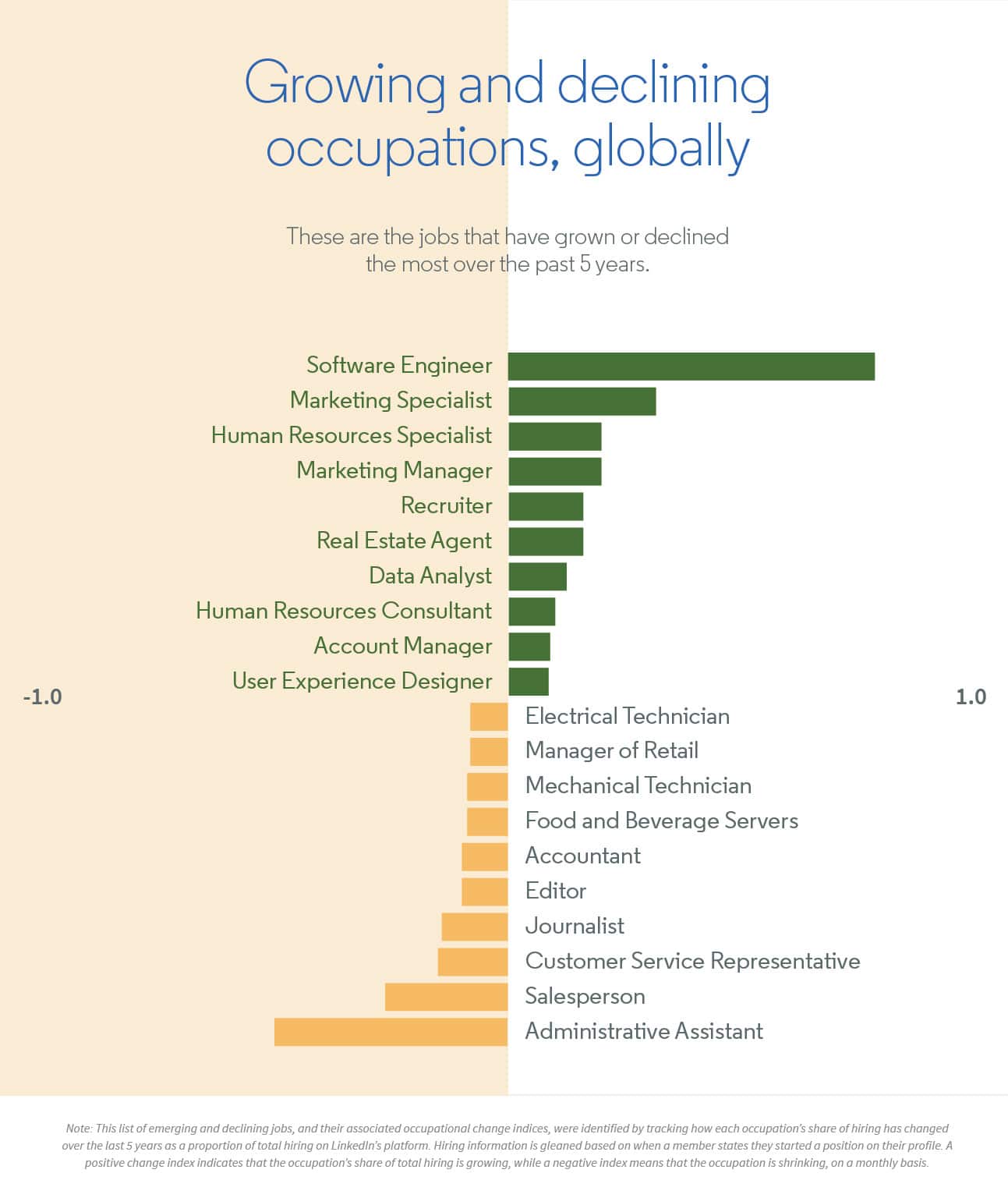Is Job Order Exclusivity Finished? | Recruitment Technology News
Does competition create better results? While accepted wisdom says that a little healthy competition inspires ever-greater performance, there are instances when this is not true. For a recruiter, an exclusive job order is one such case.
Knowing that you are the sole consultant working on a client’s job frees up a great deal of time and resources – and improves the likelihood of a great outcome. Having competed for – and won – the client’s order, your performance may improve if further competition is removed from the equation.
Why? Many reasons. You are not looking over your shoulder to see if a competitor has sent their shortlist over first. You are not setting arbitrary and unrealistic time limits on yourself to stay ahead of the pack. And, on the client side, they are reducing their own workload and not sifting through multiple different sources of candidates. They have your undivided attention; and you have theirs.
Will exclusive job orders survive the future?
But is the exclusive job order an endangered species? Automation is coming to the industry. Many view it as a ‘year zero’ moment, where everything we thought we knew is going to change.
In an increasingly automated and tech-hungry sector, the way we use recruitment software is levelling the playing field. In a lot of ways, this is great. It allows smaller firms to compete for clients with industry whales. In other respects, it can limit the scope of our own specialisations – but only if we let it.
Automation helps us find and sort candidates. It can even match those candidates to newly-acquired job orders. If the computer is doing all of that for you, then surely a trained chimp could get the same results as a recruitment professional? If so, will the benefits to the client of an exclusive order be outweighed by the volumes game of automation?
The short answer is ‘no’ – although it comes with a caveat. Recruiters will need to educate themselves on the inevitable changes coming to our Industry.
So let’s look at the ways recruitment software may encroach on the performance of firms which remain unaware of tech transformation. Then, we can look at a few ways that embracing the change will ensure that quality recruiters always end up at the top of the pile.
Tech normalisation
In the scenario given above, we described a situation where recruitment technology could level the playing field. A smaller firm will be able to compete with a multinational, because automated features will do the mundane admin tasks of an entire back office team.
However, the same tech could feasibly lower the barriers for entry to the profession, too. If recruiters do not move towards adopting and learning the new software, then tech-savvy IT specialists will move in and learn about recruiting. And, with the turbocharged performance provided by the recruitment software, the tech-heads will win.
This is the greatest risk to the recruiting profession. The loss of experts from any industry will always mean performance and outcomes take a hit, too.
Here’s why we need to save the recruiting experts by adopting the very same technology that is threatening their futures.

‘Know your role’
In the not-too-distant future, it is quite likely that many of your bigger clients will be running their own recruitment software. And, if the in-house HR team is running the same recruitment automation software as you, where is your value offering to that client? If recruiters aren’t adding value to the process then it’s not just job order exclusivity that is dead – the entire industry is finished, right?
Wrong. Most analysts believe recruitment will emerge relatively unscathed from its digital transformation. There is one key reason for this: you can’t teach a machine the skills that you know.
Automation will not only be a tool for playing the volume game of recruiting. Sure, it will scale exponentially with those processes if that is the route that you choose to take.
But automation will provide an added level of finesse to your offerings, too. It will elevate your value to clients – ironically, while also reducing the operating costs required to achieve it.
Remove the paperwork and the mouse-clicks, and you free up a consultant’s day. They can hit the phones; they can engage applicants with video screening. And the information gleaned from this type of outreach work is unique to your business. Big Data alone cannot ou-perform the quality of insight extracted by a recruiting consultant in a face-to-face interview – when that recruiter also possesses the same Big Data.
So, while you may be running the same software – and getting the same initial results – you have the advantage of time on your side. HR teams are not focused on the applicant until they have come through the door. You, on the other hand, will be gaining invaluable insight of the candidate long before the HR team makes contact with them. This is the value offering of a recruiter. And it is going to become even more valuable to sell that to clients in an increasingly tech-driven sector.
At the end of the day, recruiters are going to have to adopt new ways of working, in order to improve the areas that they already excel at.













